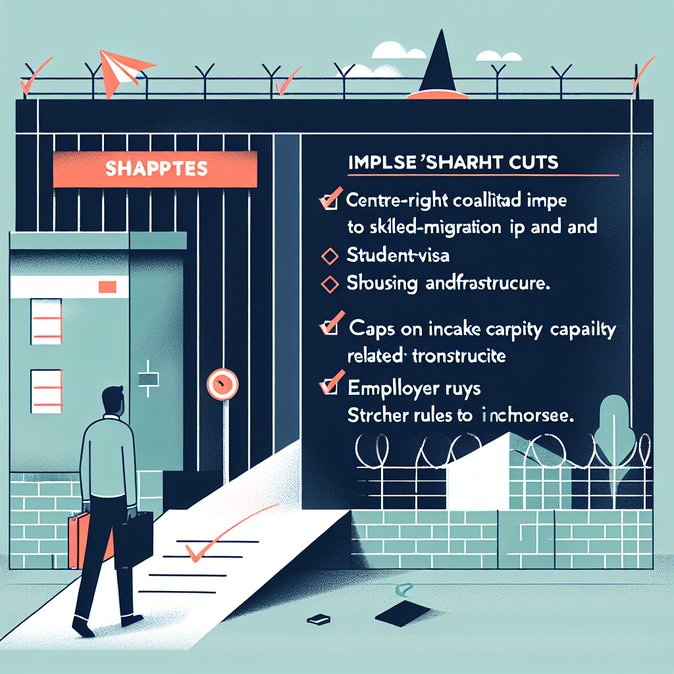
Australia’s Department of Home Affairs (DHA) issued a fresh Student Visa Integrity Alert on 20 November after uncovering a surge in falsified passports, bank statements and English-language results used to obtain Confirmations of Enrolment (CoEs) at Australian universities, including members of the Group-of-Eight.
The alert cites a “sharp uptick” in fraud originating in South Asia, where unscrupulous agents are allegedly recycling passport numbers and swapping photographs to defeat online verification. In several cases, bogus applicants progressed well into the visa pipeline before the fraud was detected, highlighting gaps in provider due-diligence processes.
![Home Affairs sounds alarm on spike in student-visa document fraud]()
Universities have been told to strengthen identity verification, cross-check travel-history metadata, and refuse to issue CoEs until source documents are authenticated. Failure to do so could see an institution’s risk rating downgraded, leading to slower visa processing under the simplified student-visa framework.
For corporate mobility and relocation programmes, the crackdown may translate into longer lead-times for legitimate postgraduate hires arriving on Subclass 500 visas, especially from high-risk markets. Employers are advised to build additional buffer time into project plans and to counsel incoming staff on the importance of providing original documentation.
The alert also foreshadows higher financial-capacity thresholds and a new A$2,000 visa-application charge from 1 January 2026, measures that Canberra says are essential to “restore confidence” in the sector.
The alert cites a “sharp uptick” in fraud originating in South Asia, where unscrupulous agents are allegedly recycling passport numbers and swapping photographs to defeat online verification. In several cases, bogus applicants progressed well into the visa pipeline before the fraud was detected, highlighting gaps in provider due-diligence processes.

Universities have been told to strengthen identity verification, cross-check travel-history metadata, and refuse to issue CoEs until source documents are authenticated. Failure to do so could see an institution’s risk rating downgraded, leading to slower visa processing under the simplified student-visa framework.
For corporate mobility and relocation programmes, the crackdown may translate into longer lead-times for legitimate postgraduate hires arriving on Subclass 500 visas, especially from high-risk markets. Employers are advised to build additional buffer time into project plans and to counsel incoming staff on the importance of providing original documentation.
The alert also foreshadows higher financial-capacity thresholds and a new A$2,000 visa-application charge from 1 January 2026, measures that Canberra says are essential to “restore confidence” in the sector.


